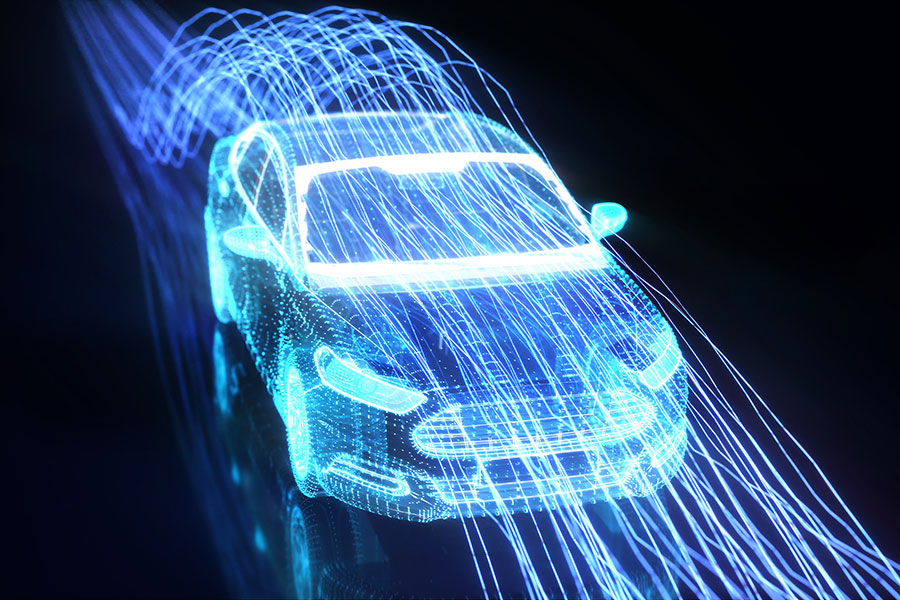
(JW Insights) Jun 26 -- Chinese and German carmakers are optimistic about more exchanges and cooperation as the two countries are forging closer relations in the automotive industry, reported China Daily on June 26.

BMW, Mercedes-Benz, and Volkswagen signed letters of intent with China's National Development and Reform Commission in Berlin during Chinese Premier Li Qiang's visit to Germany last week.
The deals aim to promote the two countries' cooperation in new energy vehicle-related research and development and facilitate the automotive industry's transformation toward smart electrification.
BMW's strong ties with China are a "win-win" as the vehicle industry shifts toward greener, more connected vehicles, said CEO Oliver Zipse.
Last month, the German car manufacturer announced that it is investing RMB10 billion ($1.38 billion) in Shenyang, northeastern China's Liaoning Province, to build a battery plant for its next-generation Neue Klasse vehicles that will be locally produced from 2026.
BMW announced the plan during its joint venture BMW Brilliance Automotive(BBA)'s 20th-anniversary celebrations, reported China Daily.
To further prepare for the Neue Klasse vehicles' local production, a new extension of its Shenyang R&D Center was also opened during the anniversary event.
Founded in May 2003, BBA has been fundamental to the BMW Group's successful integration into the Chinese market, manufacturing most of BMW's models at its plants in Shenyang.
The carmaker said that since 2010, nearly RMB100 billion ($13.83 billion) has been invested in its production base in Shenyang, where the designed production capacity has risen to 830,000 vehicles per year.
In China, the BMW Group has established its largest R&D and innovation network outside Germany, with locations in Beijing, Shanghai, Shenyang, and Nanjing in Jiangsu Province, reported China Daily.
China, a major marketplace and global leader in innovation, will offer more opportunities for cooperation between Chinese and German companies, said Jochen Goller, president, and CEO of BMW Group Region China.
"Now China is a big marketplace and also leading in innovation," Goller told Xinhua, noting that the country has transformed the automotive industry into a leading technology market in certain areas.
Volkswagen Group signed a memorandum of understanding with China's Ministry of Education last week to collectively drive the development of vocational education within China's automotive industry.
The cooperation will draw upon Volkswagen's extensive experience in implementing "dual education "programs in intelligent manufacturing, digital technology, and e-mobility to foster industry talent development.
Ralf Brandstaetter, chairman and CEO of Volkswagen Group China, said: "Building a strong talent base is decisive to the progress of technologies, industries, and wider society.
"Thus, Volkswagen is making an important contribution to the Chinese education system and to the development of young talents in an automotive market that is leading the world in the transformation to smart mobility," he said.
The carmaker has already launched two Volkswagen Competence Centers in Tianjin and Hefei, the capital of eastern China’s Anhui Province, to support vocational education and complement China's higher education system.
The carmaker has built a Volkswagen College in Hefei with Hefei University and Hefei Economic Development Zone.
As the first Sino-foreign cooperative education institution in Anhui, the college is implementing the "dual education" methodology in China's higher education system.
A total of 88 students have enrolled in the three majors available at the college, which are Data Science & Big Data Technology, Intelligent Manufacturing Engineering, and Inorganic Non-metallic Materials Engineering.
Chinese carmakers, including SAIC and Nio are bullish about the potential of cooperation with German companies.
William Li, chairman, and CEO of Nio, said Chinese and German companies can enhance their respective strengths through cooperation.
Nio set up its design center in Munich in 2015. An innovation center was established in Berlin in 2022, to focus on smart cabin functions as well as autonomous driving.
(Li PP)









